Will he or won’t Xi meet Albanese?
The stakes are high and the outlook is grim as the PM embarks on a marathon of meetings with world leaders. But only securing an audience with China’s president really matters.
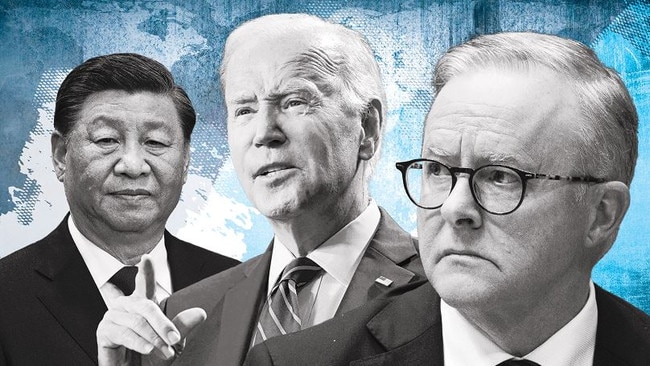
After more than two years of pandemic isolation, world leaders from more than 30 nations converge on Southeast Asia from this weekend for a series of summits tipped to be the prickliest in years.
Set against Russia’s ongoing invasion of Ukraine, a looming global recession, fierce geopolitical rivalry and Chinese aggression towards Taiwan, pessimism abounds over their ability to reach agreement on how to address pressing geopolitical and economic issues now causing the deepest divisions since the Cold War.
The stakes are high amid scepticism over whether the format of the Association of Southeast Asian Nations and ASEAN-hosted East Asia summits, and the G20 and Asia-Pacific Economic Co-operation leaders meetings – to be held this year in Phnom Penh, Bali and Bangkok, respectively – are still fit for purpose in such a climate.
What use is APEC, a body intended to deepen trade ties across the Pacific, at a time of intensifying US-China technology and trade decoupling?
How can the world’s top 20 economies work together to resolve issues such as inflation, debt vulnerability and food and energy crises when its two biggest powers are locked in competition?
How helpful is ASEAN as a conduit for Indo-Pacific relations if its inability to resolve the civil war in Myanmar, one of its own member states, is tearing it apart?
Still, if diplomacy in the post-pandemic era is 50 per cent about showing up then the RSVP list for these events should be at least some cause for optimism.
While Russia’s Vladimir Putin is almost certainly out, US President Joe Biden and China’s Xi Jinping are in for two summits each, and are widely expected to meet on the sidelines of the G20 in Bali.
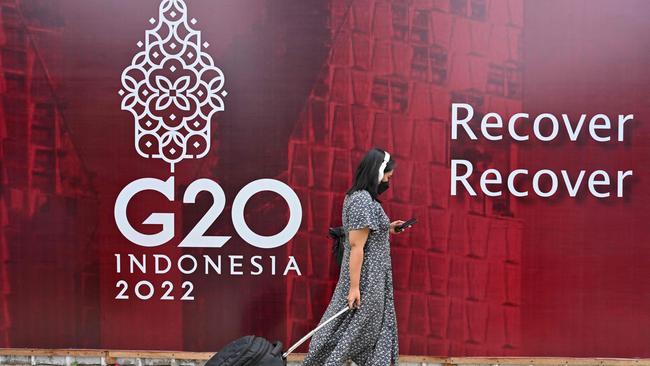
Should that happen, it will be their first face-to-face meeting since Biden’s inauguration almost two years ago – a breakthrough in itself if the two leaders can take the edge off their intense bilateral rivalry.
Two years of Covid isolation had exacerbated global tensions even before Russia’s invasion of Ukraine, the Myanmar military coup and US House of Representatives Speaker Nancy Pelosi’s Taiwan visit in August turned up the heat.
In this gloomy climate, Australian Institute of International Affairs national president Allan Gyngell says getting the world’s most powerful leaders in the same room is a good start.
“No one is expecting a new treaty on energy security to come out of this, but that doesn’t really matter. Most of these things begin with conversations,” Gyngell told Inquirer.
For middle powers such as Australia, these summits are even more important.
From Cambodia to Indonesia and then Bangkok, Anthony Albanese has a seat at the leaders table in all four meetings during the coming week and a chance to advance Australia’s interests in addressing the pressing issues of the day.
“I remember the 1980s when the most important international meeting an Australian prime minister would attend was the Commonwealth Heads of Government Meeting.” Gyngell says. “It is only through APEC, G20 and the East Asia summits that we have a voice on the international stage, so it’s in our interests to keep these summits relevant.
“Australia’s set of economic interests in the world is very different from the Europeans or the US, and ditto the ASEANs. They all want development, and they see development has been impeded by the divisions we are facing. Middle powers can’t shift the dial in a major way, but their voices are important and can be heard through this process.”
That all three meetings are to be held for the first time in Southeast Asia is a timely manifestation of the region’s cherished but challenged notion of ASEAN centrality at a particular moment of weakness for a bloc struggling to resolve the Myanmar crisis and Beijing’s territorial challenges.
After almost three years in the Covid bunker, and having just secured a historic third term as leader, the Chinese President has a crowded diplomatic dance card during the next week.
Xi and Albanese also will come face-to-face as leaders for the first time in Bali and then in Bangkok, though whether they will manage a formal sit-down meeting or simply shake hands and exchange niceties is unclear.
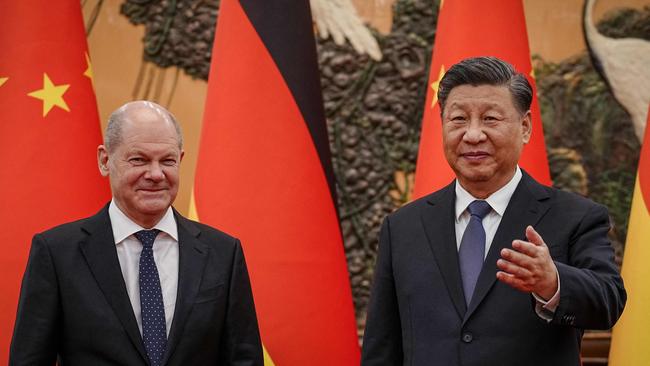
The Prime Minister told reporters this week that a series of bilateral meetings were still being finalised, though “if a meeting is arranged with Xi, then that would be a positive thing”.
Gyngell, however, says if Xi sees Biden and not Albanese, “that would be a real slap to Australia and some sign the Chinese don’t want to do anything to improve relations”.
“If it doesn’t happen it’s a line drawn under the relationship.”
Similarly, if Albanese is relegated to meeting outgoing Chinese Premier Li Keqiang – tipped to represent Xi in Cambodia for the ASEAN and East Asia summits – that too would be a snub.
Progress in “re-basing the China relationship” – after a turbulent few years of trade punishment by Beijing in retaliation for Australia’s support for a probe into the origins of the Covid-19 pandemic – will be important, though don’t expect Albanese to return to Australia with any diplomatic trophies, Gyngell adds.
Rather, a successful summit season for Australia will hinge as much on showing our Asian neighbours that Australia’s foreign policy is “more than AUKUS, the Quad and China”, and that we can help resolve common interests, such as the smooth functioning of the international trading system.
The Prime Minister defined his role at the summits ahead of his arrival in Phnom Penh on Friday as “one of advocacy for not only Australians but also for those of our Pacific neighbours who face many of the same pressures that we do”.
“Australia has always been an outward-facing nation and we have never shied away from facing up to global challenges. The global economic outlook is stark, and Russia’s invasion of Ukraine has exacerbated the challenges of food insecurity, rising energy prices, rising inflation and cost-of-living pressures globally,” he said.
“Australia strongly supports ASEAN’s central role in the region and its vision for the region is closely aligned with our own. At each summit I will emphasise Australia’s commitment to the global transition to net zero, and our vision for a stable, peaceful, resilient and prosperous region.”
He also would be a “fierce opponent to Russia’s immoral and illegal invasion of Ukraine”, he said.
Ukraine – the cause of so much disruption in global food and energy markets – will dominate the agendas of three of the four summits (with ASEAN focused on how to deal with the Myanmar military coup), just as it has overshadowed every G20 ministerial and working group this year.
For the first time in the G20’s 23-year history, not a single joint communique has been issued because of bitter divisions over Russia’s invasion of Ukraine
“Whether it’s working groups on energy, digital economy, health, trade, finance, industry, tourism, not one ministerial-level meeting has managed to produce a joint communique,” says Dino Patti Djalal, founder and head of the Foreign Policy Community of Indonesia.
“Delegates from Western countries have insisted on including a sentence on Russia’s invasion while the Russian delegation insist there should be no reference. Since no one backs down, the meetings have failed to reach a compromise.”
With little likelihood of breaking that precedent at the leaders’ summit, Djalal says Indonesia’s main aim should be to keep discussions calm.
As the Bali summit looms, President Joko Widodo has been hosing down hopes for major diplomatic breakthroughs while maintaining pressure on G20 leaders to address the looming food and energy crises destined to hit poor and emerging economies hardest.
If the Indonesian leader has learnt anything from hisannus horribilisas G20 chairman – including a well-intentioned but unsuccessful peace mission to Moscow and Kyiv – it’s that it is easier to outperform when you lower expectations.
“We have to look at our G20 presidency in the context of what the world is like today,” Jokowi, as he is known, said this week. “The world is in a precarious position with the outbreak of a war and intensifying rivalries between nations.
“The fact the G20 is still gathered and working at the negotiating table is in itself an achievement. No member state has decided to withdraw from engaging in the G20. No single side event has been cancelled.
“Negotiations on the outcome documents are progressing. There is also a
lot of interest among member states and special invitees
to contribute concrete deliverables, much more
than we had initially hoped.”
G20 commitments to strengthen the Agriculture Market Information System, which helps stabilise food commodity prices, and create
a new pandemic preparedness fund are two such “deliverables” from Indonesia’s G20 presidency. There are hopes the leaders’ summit also may lead to a humanitarian food assistance fund. Ultimately, however, it could be Indonesia’s canny handling of the geopolitical tensions this year that is its crowning achievement.
Jakarta’s refusal to kick Russia out of the G20 may have saved the group from a domino-effect of departures, while its invitation to Ukrainian President Volodymyr Zelensky to attend the summit and accommodation of Western states’ desire to protest against Moscow’s invasion has helped relieve pressure on the meetings.
Thai political scientist Thitinan Pongsudhirak, head of Bangkok’s Institute of Security and International Studies, says key to all the summits will be to “look for low-hanging fruit” such as measures to address post-Covid global economic recovery.
“There are so many crises at the moment that the challenges are outpacing the capacity of these organisations and of world leaders to address them, because the world leaders are locked in geopolitical conflict, confrontation, rivalry and competition,” he told Inquirer.
“Divergent positions on critical geostrategic issues” – such as the Russia-Ukraine conflict, US-China geostrategic competition and the Myanmar coup – are also preventing leaders from seeing eye-to-eye on how to move forward.
Still, Thitinan says, “it’s better to have these summits than not”. if only for the opportunity they provide to cool down temperatures.
“When you put out position statements online you can take quite an aggressive posture,
but face-to-face there’s more pressure to get along. That’s what these strategic dialogues are designed to do.
“On a good day they can lead to a lot of good things getting done together. In bad times, at least they can ease tensions.”



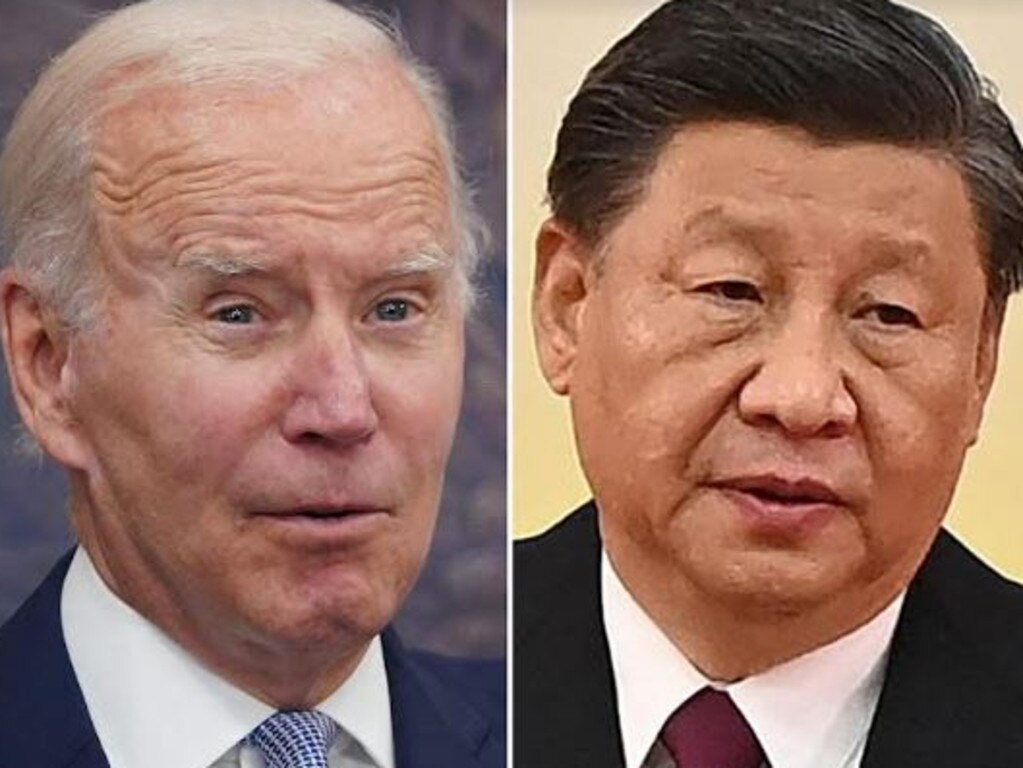
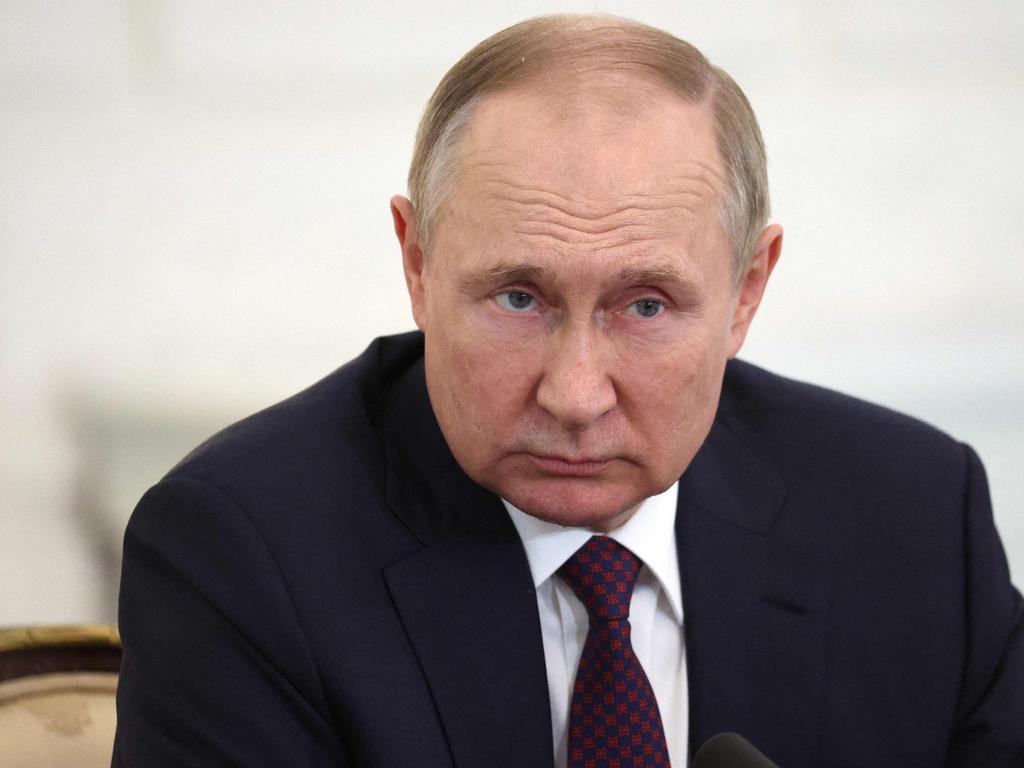
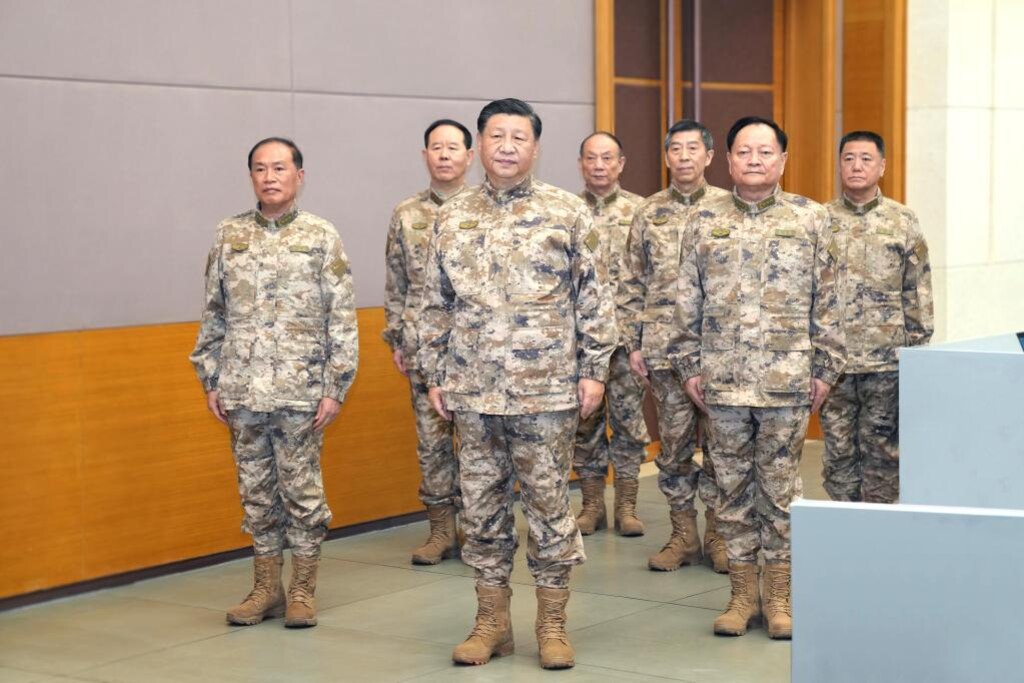
To join the conversation, please log in. Don't have an account? Register
Join the conversation, you are commenting as Logout